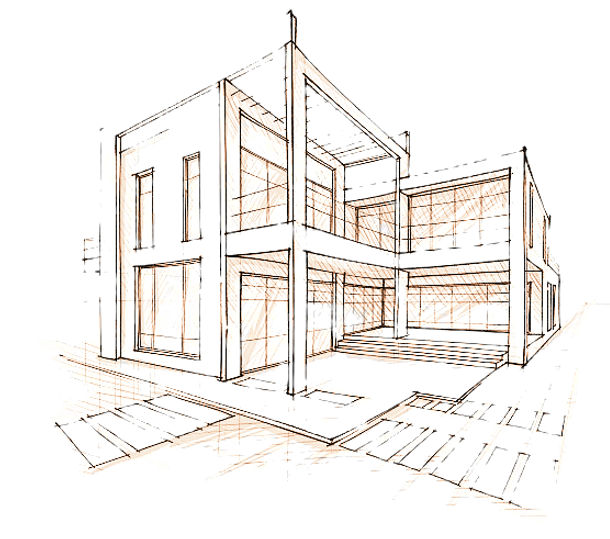
.png)
Buildings viewed up close by VG Expert
Your partners in construction expertise
Assistance VO in private and communal & Expertise construction errors and damage, also problems with contractors and architects, misleading sale of a home, technical advisor in legal proceedings, etc.
Please call or email us - 0472 59 18 98

Assistance VO in private and communal & Expertise construction errors and damage, also problems with contractors and architects, misleading sale of a home, technical advisor in legal proceedings, etc.
Please call or email us - 0472 59 18 98
En lees wat anderen zeggen over mijn aanpak en expertise.
The Law Breyne
Part 10
Compensation for delay
8. the date of commencement of the works, the execution or delivery period and the compensation for delay in the execution or delivery.
Compensation for delay must at least correspond to a normal rental price for the finished goods.
9. a provision on the manner in which delivery will take place.
10. the explicit mention, in a separate paragraph and in different and bold characters, of the possibility for the buyer or client to invoke the nullity of the contract or of a provision contrary to the law in the event of non-compliance with the provisions of Articles 7 (mandatory information) and 12 (financial guarantee) of the Act. In addition, the text of these two articles must be incorporated in full into the agreement.
11. the acknowledgment by the parties that they have had knowledge of the above information and documents for the past 15 days.
Sanction: the absence of the above-mentioned mandatory information or appendices is sanctioned with the nullity of the agreement or the conflicting clause. The nullity must be invoked by the buyer or client before the authentic deed is executed or, in the case of a building contract, before provisional acceptance.
In this context, reference should be made to the notary's audit assignment for sales contracts. After all, if an authentic instrument is executed, it must state that the provisions of Articles 7 and 12 have been complied with. If the civil-law notary determines that the agreement does not comply with the provisions of the relevant articles, he must refuse to execute the deed.
Renovations
There are no statutory rules for an ordinary renovation that does not fall under the Breyne Act (Housing Construction Act). You can stipulate what you want in this. There can be little discussion when the compensation corresponds to the rental value of the house.
What does the Breyne law apply to?
The law applies – inter alia – to:
-
a construction contract
-
sales on schedule
-
a turnkey contract
The Breyne Act may also apply to the sale of an existing home. This is the case if the seller expands or significantly renovates that home. The total price of these works must then be at least 80% of the sales price of the house and more than 18,600 euros.
The provisions of the law are mandatory (one cannot deviate from them).
What if the Breyne law is not followed?
Failure to comply with the Breyne law may result in the nullity of the contract or the relevant clause of the contract.
In which cases does the Breyne Act not apply?
The Breyne Act does not apply if:
-
the future owner has concluded separate contracts with different contractors (one company for structural work, another for roofing, one for heating, etc.);
-
the future owner has had works carried out in a house that he already owned. After all, these activities do not take place in the context of a transfer of ownership of the building;
-
the contract is concluded with certain entities (for example a municipality);
-
the future owner builds or has built houses as a professional activity in order to sell them;
-
the contract is a study agreement with regard to a structure and if certain conditions are met.
_edited_edited.png)
.png)






.png)


.png)